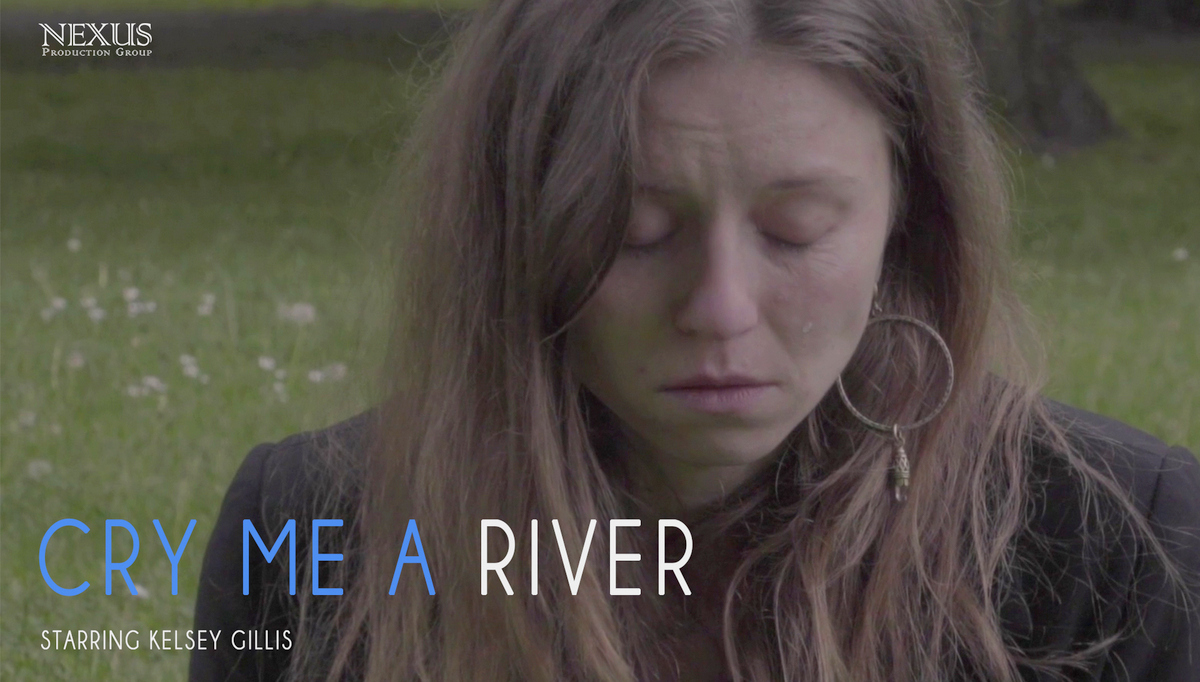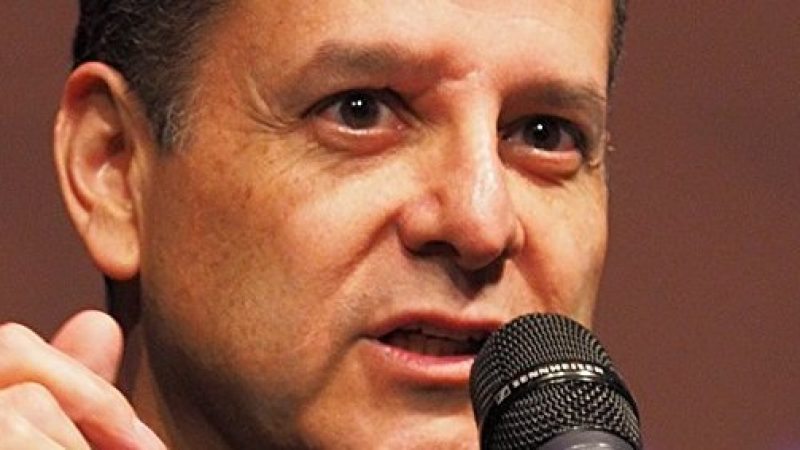
Ivan Malekin offers a free chapter from his book, “Improv for Indie Filmmakers”. We have expounded a part of the free chapter, you can download the free full chapter HERE or below, after the excerpts in this article.
Improv for Indie Filmmakers – Working Efficiently & Effectively
Get to Set Quickly
We all know the maxim “time is money” and this maxim seems especially relevant to filmmaking. More time in development, more time in pre-production, more time on set usually means more money – either money you are spending by paying cast and crew for more days, hiring equipment, spending on locations, or money and time you are wasting by working on that script day by day, week by week, month by month. Time that you could be spending elsewhere.
Filmmaking is an interesting artform. Is there any other artform that requires such high initial costs, such high-end equipment, such specialized and various personnel to the point where budgets commonly top $1 million and crews on film can reach into the hundreds, only to then sell to a consumer at the end of the chain for a few dollars on a streaming platform? If it sells to the consumer at all that is, and doesn’t merely come free with their SVOD subscription.
Or consider indie filmmakers like you and me. Our films can still cost many thousands of dollars to make, but one of the most popular platforms to release a film, Amazon Prime, deems our work worth only 1 penny per hour streamed as of writing this.
Life Improvised: Cry Me a River | Improv for Indie Filmmakers
The economics of filmmaking are rigged against you. The amount of independent filmmakers who make a living solely on their films is low. But it can be done. Targeting a niche audience is one method and this approach, combined with regular and consistent output, gives you a chance to make money.
Joe Swanberg built his career by making micro-budget improvised film after micro-budget improvised film. In fact, he released six films in 2011 alone. Each film helped him make the next film, and eventually his prolific output got him noticed. His philosophy was simple:
“If everyone is going to ignore you, then you have to start producing film after film and eventually someone is going to notice what you are doing, even if the films are total crap.” 1
But to make this model work you need to keep creating content and you need to get to set quickly. We don’t have time for the traditional one film every two or three years and to spend a year or more in development honing and refining a script over and over.

A quick example: we were in Berlin in 2019 for a screening of our film In Corpore with cast and crew. We had plans to film an episode of Life Improvised – our micro-short series of improvised films dealing with the small moments that make up life and relationships – while in Berlin but those plans fell through with just a few days left on our trip. Rather than give up, we drafted a new outline for a micro-short, gathered a small cast and crew, found a location, recruited extras by advertising on social media, and filmed Cry Me a River, all in only three days from concept to completion.
So use improvisation to get onto set as quickly as you can. Come up with an idea. Write an outline. Sure, do a few drafts. Workshop the characters and story further with your actors in rehearsal. Good actors are fascinated with exploring human behaviour and they have spent years training to trust their instincts. Take advantage of this and allow actors the freedom to contribute.
Just like you may trust your DOP or your editor or your music composer to add their expertise and personal experience to your creative vision, trust your cast to work from your outline, expand your ideas, and make the characters come alive.
The point is, we don’t need scripts to make good films. So don’t get stuck in development. Don’t fret trying to write dialogue that is realistic – let the actors contribute the dialogue on set. So many films over the years have shown you can begin production without a script. Take the multi-million dollar Iron Man; the script wasn’t ready so the actors improvised their way through the film (2), and Iron Man is universally acclaimed as the best film in the Iron Man series and one of the best MCU films.
Of course, Hollywood doesn’t advocate this approach and praises the script as sacred. And despite what it may seem like, we have nothing against script writers. Our background is actually as writers and we worked with scripts for ten years as filmmakers before turning to improvisation. But example after example has demonstrated a script isn’t a vital component to make a good film. So skip the script. Get to set and film.

FOOTNOTES
Thanks for spending some time with us! But, like most things in life, it’s not what you have that counts… it’s what you do with it that really matters. P.S. Big thanks to indieactivity for the opportunity to share our experience with you!
1~A summary of Joe Swanberg’s career, philosophy, plus interviews can be found HERE. Includes his famous keynote speech from SXSW 2016. Well worth watching.
2~Woerner, Meredith. Jeff Bridges Admits Iron Man Movie Had No Script. Gizmodo (February 12th, 2009).
3~Quote from Joe Swanberg. The Working Class Moviemaker: Joe Swanberg’s 10 Tips on Earning a Living Making Microbudget Films. MovieMaker (October 1st, 2013)
Tell us what you think? What ideas did you get? Do you have any suggestions? Or did it help you? Let’s have your comments below and/or on Facebook or Instagram! Or join me on Twitter.
Follow Ivan Malekin on Social Media
Website
Vimeo
YouTube
Facebook
Instagram
Twitter
MORE STORIES FOR YOU
Director Amy Glazer Brings Kepler’s Dream to Life
An 11 year old searches for a missing rare book from her grandmother’s library
How I Made My Film, ‘Fear, Love & Agoraphobia’ by Alexander D’Lerma
A Step by Step Filmmaking Process of Fear, Love & Agoraphobia
10 Things I Learned Crowdfunding My Failed Kickstarter Campaign
Film Financing: 10 Things I Learned During My Failed Kickstarter Campaign









